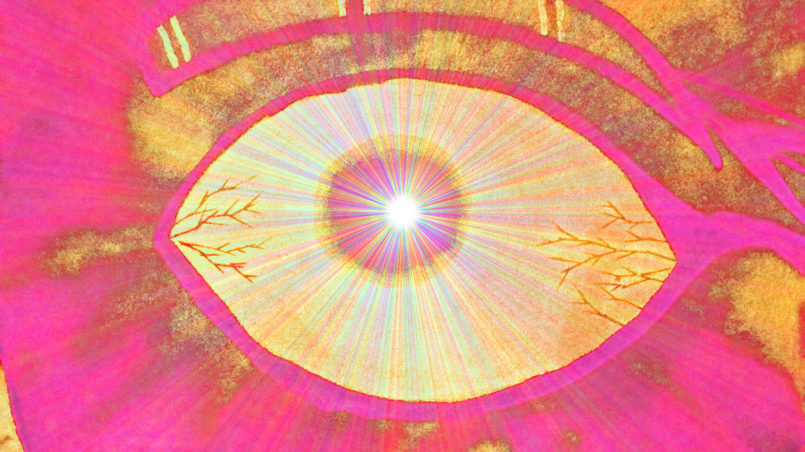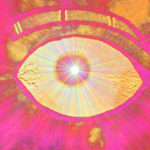Aren’t we all ultimately junkies?

Inner emptiness as a national disease
In the previous article, we took a closer look at who is prone to self-destructive addiction. In short, that’s all of us, because (for reasons deeply rooted in Western European culture), very few of us were raised with the right mix of self-responsibility and support, as well as unconditional love. The degree to which we are susceptible, however, varies greatly. Perfidiously, the particularly unbalanced among us are often very successful, because they are driven by ambition to constantly impress their environment, while their life behind the scenes is in tatters.
As long as everyone participates in this great illusion and judges the psychological condition of a person according to their financial circumstances, will our society always be divided into those eternally overlooked and the seeming winners without real joy, whose life is inauthentic and sick, but polished to a high gloss. No wonder, then, that distraction, fleeing from reality and addiction are booming.
The most common addictions have not been recognized as such for a long time, and are so much part of our way of life that most of us can not imagine a life without them (and is this not exactly a symptom of addiction?). Coffee, chocolate, refined sugar and (indeed!) cheese all stimulate the same brain area, which also reacts with the use of the hardest drugs. Even wheat grain contains a substance which uses the same docking site in our receptors as opiates do – which is why many of us react with constipation but also greed for more wheat products.
Legal drugs
Much better recognized as a drug are legal but highly addictive substances such as alcohol and nicotine. Their harmfulness is undisputed, and in the case of alcohol another strong psychological component comes into play, making an escape even harder.
As a result, it becomes even more difficult to recognize and settle the problem.
Dependencies not related to substances
Here, the greatest difficulty is the particularly blurred line between normal behavior and addiction and the fact that the negative consequences can be hidden and denied for a very long time. While everyone looks forward to getting something new every now and then, an alarmingly high number of people have lost all control over their shopping habits and are hopelessly in debt as a result, while never-worn clothes, technical gadgets, or even useless junk is piling up ever higher in their home.
Some folks occasionally surf on the Internet or enjoy a good game or film, others suffer heart attacks because they stare into the screen for hours without a break, forgetting to drink water. The list of examples can be continued for a long time, starting from recognition-seeking to sexual conquests, or collecting mania … as soon as something becomes an obsession, we are ready to drop and forget about everything else.
Binge eating, bulimia, and anorexia are as closely related to the problem of addiction as the irresistible urge for more and more beauty operations seen in an increasing number of people. Even neurotic compulsions, which can range from lovable little ticks to care dependency, come from the same source – how strongly it expresses itself and which path a person will go, however, depends on many factors.
Adrenaline junkies
The addiction to the adrenaline rush through a risky sport, such as parachute jumping, is also worth mentioning here. This usually entails intensive physical activity, admiration and group membership, and – provided the adventure does not end in death or disability – can in fact be the rescuing cure, since it gives people a clear and alert mind, as well as a feeling of belonging.
Less lucky are those who decide to get their kicks through activities such as brawls, illegal car races or even theft, burglaries or raids. Be it that unsupervised young people just end up in the wrong company, be it the lack of the values presented to them at home, or just their own insufficient impulsive control, coupled with a lack of empathy… a sad path is always laid out for them.
The difference between hard drugs and everyday habits is smaller than we think and so we should consider ourselves lucky if our addictions are socially accepted – and cultivate a sense of compassion for those who are trying to console themselves over worse problems with harder substances.
Credits
| Image | Title | Author | License |
|---|---|---|---|
 |
Aren’t We All Junkies in the End? | Patryk Kopaczynski | CC BY-SA 4.0 |
